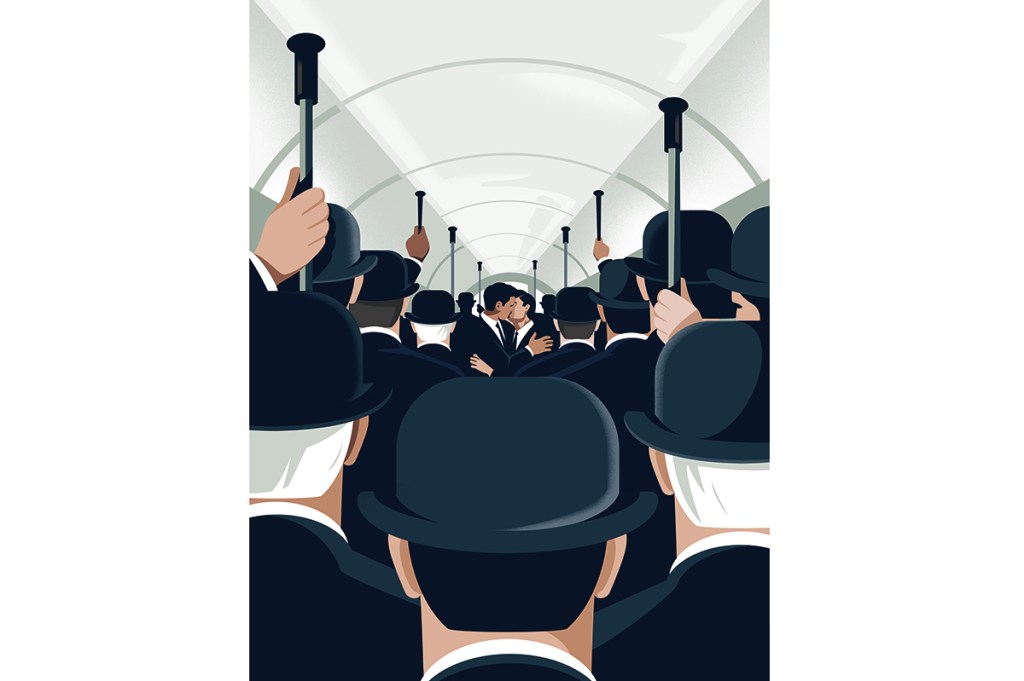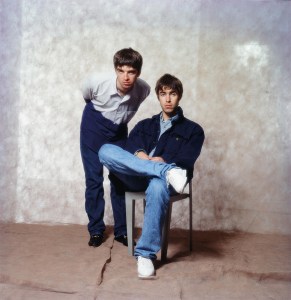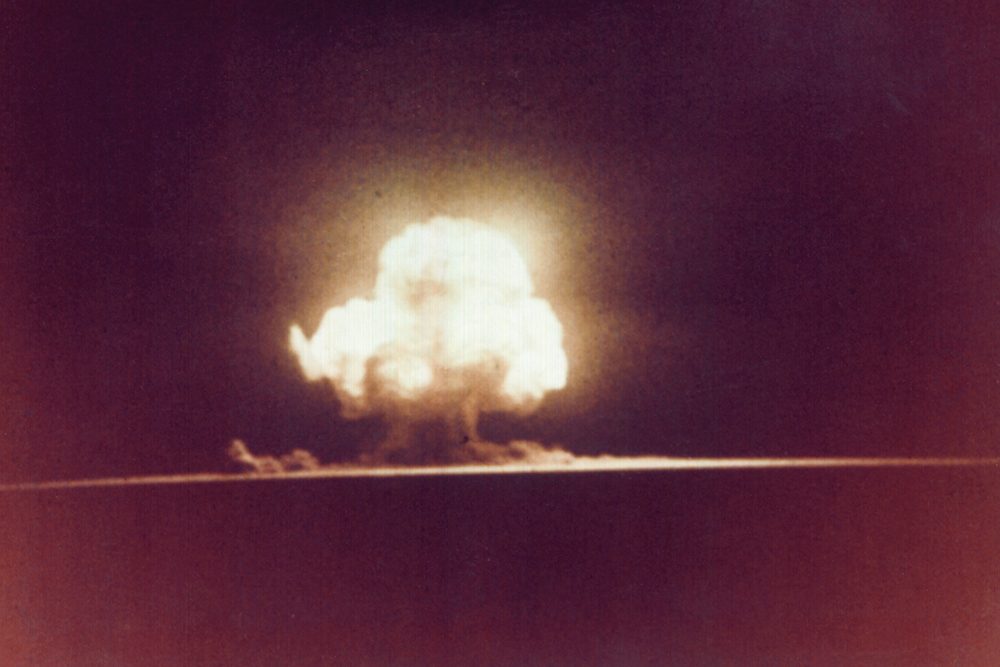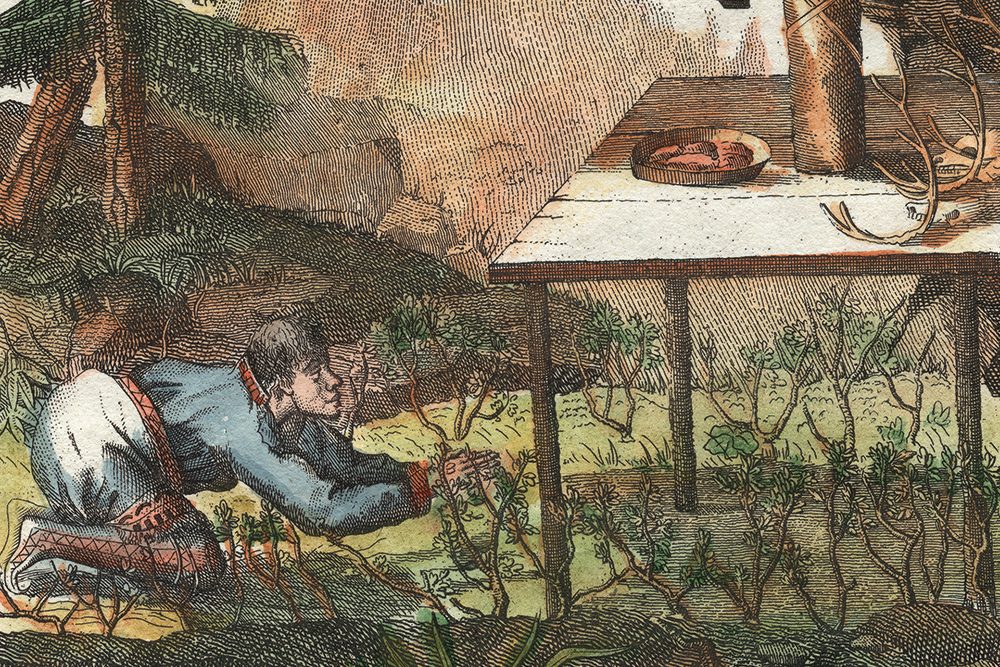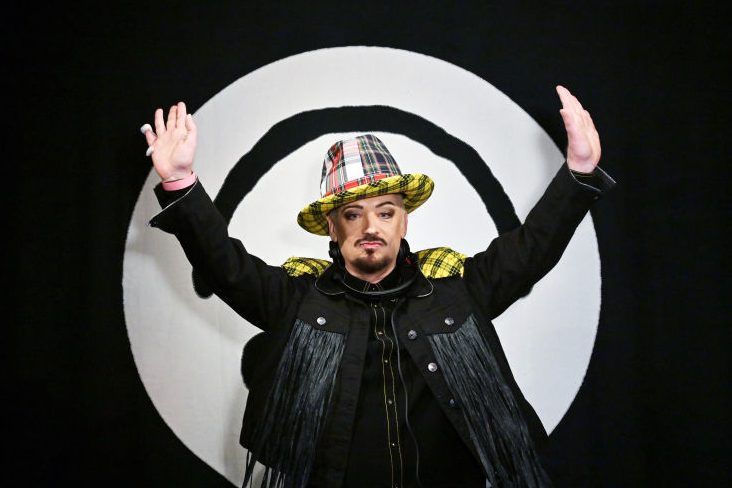Tom Crewe’s highly accomplished debut novel, The New Life, concerns the suppression of sexual feelings, and how utopian visions can falter when they come up against cold hard reality. It begins with John Addington (closely, though not entirely, based on the nineteenth-century man of letters John Addington Symonds), fantasizing about a homosexual encounter in a London underground train. The carriage is crammed: a man is pressing his buttocks into John’s crotch; John’s excitement cannot be concealed; soon they are in the throes of passion, despite the crowds around them. It’s a claustrophobic, tense, almost nightmarish scene, executed with minute attention to detail. In the United Kingdom in 1894 (when the novel is set), it was a crime for men to have sexual relations with each other. The claustrophobia of the carriage reflects John’s sense of himself within society: he is not unnatural, but unnaturally repressed.
And the fear of exposure is there, and its consequent and very real dangers: all those eyes, watching and judging. The underground train, with its urgent modernity, highlights the novel’s overarching structure of social progress, hurtling blindly into the future. It is only a few years until the twentieth century, when the sense of self realigns and fragments. John, and the rest of the characters here, are at the forefront of this movement; what the novel hinges on is how the personal — sometimes the intimately personal — and the political mix.
John, though married (on the advice of his doctors), and with three grown-up daughters, is beset by an overpowering desire for men. Crewe conveys acutely how difficult it is for him to live, unable to act on his longing: “Lust as slow poisoning,” he thinks. He retreats into upper-middle-class, scholarly obscurity, writing about Michelangelo’s love for Tommaso, skirting around the manly loves of the ancient Greeks, and reading Walt Whitman, searching for clues. So much about being gay in the nineteenth century was centered around such cryptic signs. Addington yearns for the day when they are not needed. Something inside him wants to be exposed, so that he can finally tell the truth about himself, and thus make the world change. With his fusty donnishness, he seems an unlikely sort to do so.
Also firmly progressive are Henry Ellis (loosely based on pioneering sexologist Henry Havelock Ellis) and his bluestocking wife Edith. They are keen proponents of “the New Life,” something they cannot quite define themselves, but want to embody; it seems to involve living as you want to live, rather than as society wills. Crewe wittily skewers their earnest idealism: “Is it socialism or India tonight?” asks Henry at one of their endless meetings. Yet he treats them sympathetically; as it turns out, Edith prefers to bed her bohemian friend Angelica. Henry and Edith’s marriage remains unconsummated; Henry, though not himself gay, suffers from a slightly more obscure sexual preference (he likes to watch women urinating). It is Henry and Edith, with their campaigns and their lectures and their certainty, who seem to be the agents of change. When John meets a handsome working-class man, Frank Feaver (he makes John very hot indeed), he succumbs to his passion. After their first meeting in Hyde Park, Frank pretends to swim away: a sign, perhaps, that he, too, is a fish out of water. Crewe conveys brilliantly John’s longing for Frank, the overwrought reading of looks and gestures, and his initial nervousness about sex. (He gets over it.)
Soon he installs Frank as his secretary (cue snooty comments from his family about Frank’s cabman accent), under the nose of his wife Catherine. John wants to have his cake and eat it, rushing from Catherine’s bedroom to Frank’s as soon as she has gone to sleep. This was not an uncommon occurrence: the famously gay William Lygon, Earl Beauchamp, brought a stable boy to Australia and tried to pass him off as his secretary.
The triangles uneasily mirror each other; Henry and Catherine are left lonely and confused. The gay couples adore each other, but must hide their romantic activities, cloaking themselves in respectability and remaining always fearful of blackmail or exposure. John worries about the maids finding emissions on the sheets; Edith hates it when Angelica talks openly about their love. The plot hinges on the publication of Henry and John’s co-written book, which, they hope, will help to alter attitudes toward homosexuality. It will be a scientific study of “inversion,” seeking to prove that sex is not defined by the need for procreation alone. They gather testimonials from “inverts” — heartfelt accounts from gay men who are trying to understand their impulses. But then Oscar Wilde is put on trial.
This section of the book is palpably tense. Crewe intercuts questions from the trial with John’s fears for himself, recreating the atmosphere of a courtroom, as if every gay man in the country were up before the magistrate. Henry does not want to be tarred by association, but John goes ahead and publishes anyway, hoping that he can be, unlike Wilde, a standard-bearer for the truth. At first their book is hardly noticed at all, but then a bookseller is arrested for stocking it, and the protagonists must decide whether to live by their ideals. Is the New Life even possible? A minor character, Jack, is a flamboyant gay theater critic: in fear, he flees London for France, where homosexuality is not illegal. He says to Edith and Henry: “Does it ever occur to you that the New Life might be easier for some people to live than for others?” When liberation beckons, someone always gets caught in the crossfire, whether it’s the long-suffering Catherine, or Henry himself. Not everyone wants to stay on the train as it rushes headlong into the unknown future.
There are many striking moments in the novel, as when, during a terrible fog, Frank leads John out into the street and kisses him passionately. The social awkwardness of family meetings is exquisitely conveyed, particularly so in a Christmastime party scene which veers from hilarity to anxiety. There is a plethora of stylish individual lines: as Catherine leaves her husband for the last time, “She was a flash of profile, framed for a moment, like the Queen on a postage stamp.” She’s regal in her defeat, and John is — well, the other kind of queen. Crewe is excellent at summoning up the oppressive atmosphere of London, with its graffiti, drunken harlots and soldiers who’ll bugger you for a quid. He has a particular interest in light and shadow, rendering them solid: “The gray afternoon light was slung like a net through the window,” he writes, and it comes alive.
This visual strategy can, however, on occasion, make the prose seem as if it’s been written with an eye to a waistcoat-ripping screen adaptation. There’s sparky dialogue, and short scenes that break off at opportune moments. The characters often do and say things that seem calculated for film. When one of John’s daughters confronts him about his book, she says: “We are abandoning you” — hardly a believable thing for a daughter to say to her father in this situation, but it will sound good in the trailer. Nevertheless, these are quibbles, and more to do with the symbiotic relationship of film and fiction in these days of Netflix than with any fault on Crewe’s part. Besides, I’d like to see it: Merchant Ivory for the 2020s.
Crewe’s writing is as evocative of the late Victorian era as Michel Faber’s The Crimson Petal and the White, or Sarah Waters’s Fingersmith. The New Life is sophisticated, intelligent and gripping. More importantly, it doesn’t pretend that its subjects are twenty-first century people in different clothes. Crewe, a London literary editor, genuinely attempts to understand the minds of his players, and that is a rare and precious thing. When John hears that a boy living with his parents in Liverpool has bought his book, he is brought to tears: if only that boy can be brought to believe that he is natural and healthy, then his work will have had meaning. John, not Henry or Edith, is the torchbearer for change: his fire will help to light a path for the world to follow.
This article was originally published in The Spectator’s March 2023 World edition.



